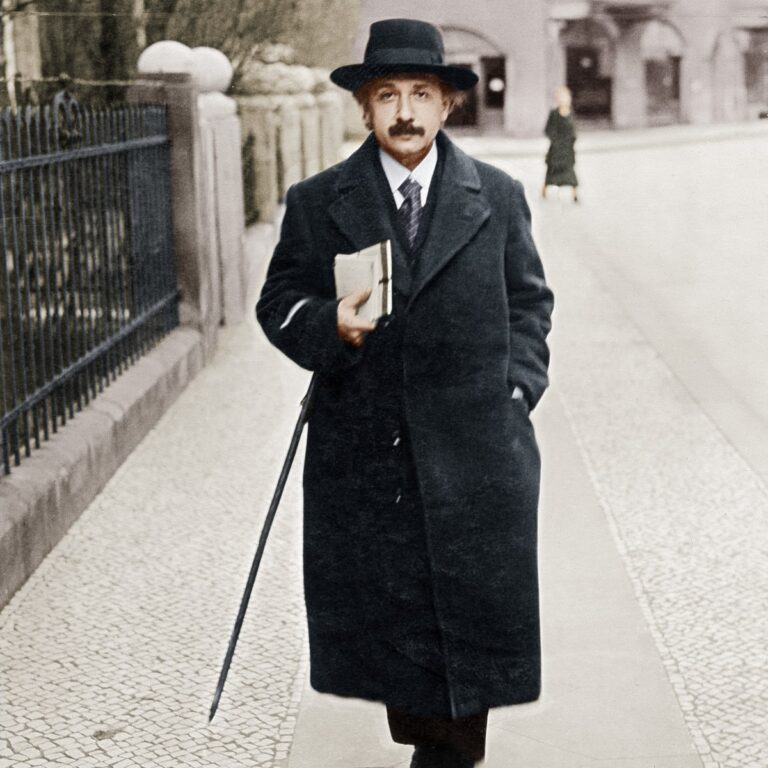Lucky Day in Ireland
October 24, 2025, was a lucky day for quantum computing advancements in Ireland. Announcing a €36.9M in funding for 6 projects, the Irish Department of Enterprise, Tourism, and Employment set aside monies under the Disruptive Technologies Innovation Fund, or DTIF.
The €500M DTIF initiative was launched in 2018 under Ireland’s National Development Plan to drive collaboration between industry, SMEs, multinationals, and research institutions. The goal is to develop and commercialize disruptive technologies.
Projects range across economic sectors from Information and Communication Technology (ICT) and health care to advanced manufacturing. Each garnering from €1.7 million to €13.7 million with the announcement. Roughly €17.5 million of the funding has been designated to do support regional partners outside Dublin.
Ministers Peter Burke (Enterprise, Tourism and Employment) and James Lawless (Further and Higher Education, Research, Innovation and Science) highlighted the fund’s intent in tackling real-world challenges, creating high-value jobs, and boosting competitiveness.
“… It is exciting to see high potential start-ups [HPSUs] leading the development of disruptive technologies in areas such as transport logistics and quantum computing and collaborating with established multinational companies and research institutions.“
Jenny Melia, Enterprise Ireland CEO
Enterprise Ireland CEO Jenny Melia noted its support for scaling startups and fostering global reach, particularly in quantum computing stating “… It is exciting to see high potential start-ups [HPSUs] leading the development of disruptive technologies in areas such as transport logistics and quantum computing and collaborating with established multinational companies and research institutions.“
The Quantum Nexus: The QUBIC Project
The QUBIC Project, receiving the largest award at €13.7M, is a major push by Ireland to extend tech innovation into quantum computing and its applications. Further, the DTIF’s emphasis on “disruptive technologies” are exemplified by integrating quantum algorithms, hardware, and software.
QUBIC’s aim is to develop quantum solutions for Ireland’s most pressing challenges. Four focus areas are:
- Energy: Optimizing renewable sources and grid efficiency through quantum simulations.
- Weather Prediction: Enhancing predictive accuracy for weather patterns and environmental impacts.
- Advanced Materials: Designing novel materials for sustainability and manufacturing.
- Pharmaceuticals: Accelerating drug discovery via quantum-accelerated molecular modeling.
In creating a full-stack quantum ecosystem, one which synergizes algorithms, hardware, and software, the QUBIC Project seeks to contribute practical and scalable tools to these ends.
QUBIC Consortium Members
Numerous well-known companies, startups, and research institutions comprise the project. The mix, portrayed in the below table, demonstrates DTIF’s model for collaboration between nascent firms and well-established multinational organizations. To sustain the key position and to promote nationwide innovation, the consortium’s regional footprint spans Dublin, Cork, and Westmeath.
Table Showing the footprint of the QUBIC Project
| Category | Organization | QUBIC Focus |
| Startups / SMEs | Equal 1 Laboratories Ireland Ltd | Quantum hardware focus |
| Startups / SMEs | Biosimulytics Ltd | Simulation technology |
| Startups / SMEs | Nexalus Ltd | Enabling interconnected quantum systems |
| Startups / SMEs | Algorithmiq Computing Ltd | Quantum algorithms |
| Multinationals | Dell Technologies | Hardware and cloud integration |
| Research Institutions | Irish Manufacturing Research Centre (IMR) | Applied R&D |
| Research Institutions | CeADAR (Ireland’s AI Centre, Dublin) | AI–quantum synergies |
Broader Quantum Implications
The announcement reinforces Ireland’s innovation ecosystem with a quantum cornerstone, QUBIC. Minister Burke explicitly praised QUBIC’s potential for “advancing quantum technologies” as part of solving “real-world challenges,” while Melia highlighted quantum computing’s role in startup-led disruption.
The funding signals Ireland’s strategic investment in quantum technology amid global competition as exemplified by the EU’s Quantum Flagship programs. There is real potential the QUBIC Project could create a quantum nexus by linking disparate applications—energy simulations feeding into pharma R&D, for instance—while generating jobs, startups, and spin-outs.
Related articles: Cork, Ireland, Lands Quantum Computer Engineering Centre and Ireland: We Need to Get Onboard or Watch the 4th IR Pass By


